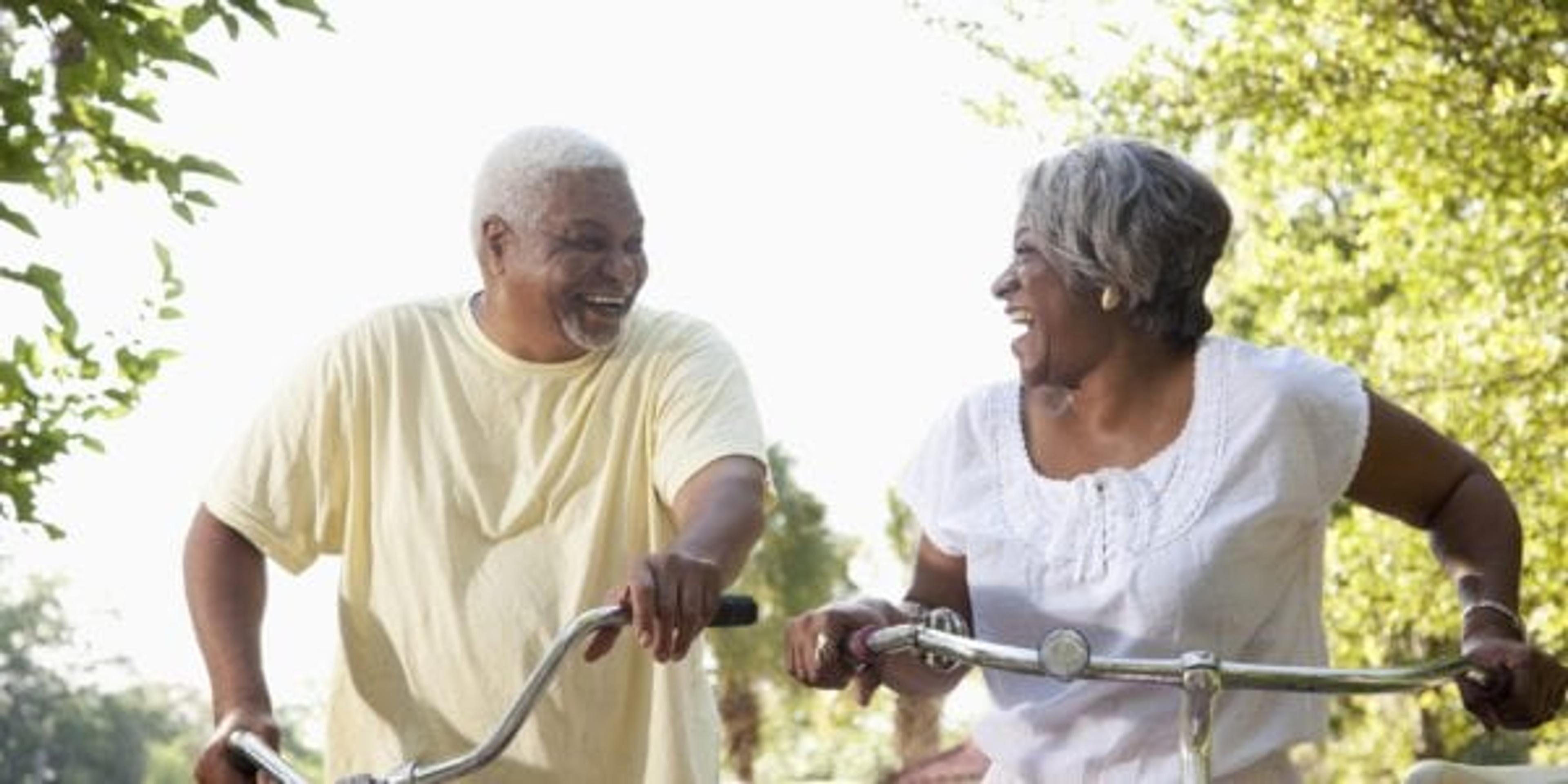10 Healthy Lifestyle Tips for Seniors
Guest Blogger
| 4 min read

The residents of Ikaria, a Greek Island, are among the healthiest people on Earth, with many living well into their 90s. Is it something in the water? And if not, how can American seniors achieve similar results?
It’s really not a mystery. They eat a healthy diet, have strong community ties, get plenty of exercise and enjoy a relatively stress-free lifestyle.
It might seem difficult to stick to healthy lifestyle habits with restrictions in place due to the ongoing COVID-19 pandemic. The good news? Many of the habits that keep the residents of Ikaria living with vitality are steps you can put into practice right where you are, no moving to Greece required!
- Get off the couch. You can start exercising at any age (with your doctor’s approval). Choose any physical activity you like, from dancing to gardening to walking. Exercise boosts mood, strengthens bones, helps prevent falls and fractures and can keep you socially engaged. If you’re sticking close to home, there are many exercise programs you can access online.
- Eat healthfully. A nutritious diet can control, or even help prevent, many of the diseases associated with aging, such as high blood pressure, heart disease, type 2 diabetes and osteoporosis.
- Sleep well. Older adults need sleep just as much as their younger counterparts but might have a harder time getting it due to illness, physical inactivity, medications or snoring. Help yourself sleep better by keeping your bedroom cool, comfortable and quiet. Keep electronics out of the bedroom for better sleep.
- Practice prevention. Early detection is your best defense against disease. Annual physicals with your doctor can help you determine the screenings you need to keep tabs on your health. If you’re not comfortable visiting your doctor in-person right now, see if they offer virtual visits.
- Have your eyes checked. Aside from the importance of visual acuity for safe driving and fall prevention, regular eye exams now offer the ability to detect warning signs of Alzheimer’s disease – before it’s clinically apparent. If you’re due for an eye exam, check with your doctor about the precautions they’re taking to protect against COVID-19 before you go.
- Keep your teeth sparkling. Our mouths have less saliva as we age, which means the risk for cavities increases. Plus, mouth infections can lead to serious illness, such as heart disease or stroke. Make an appointment for a cleaning every six months to keep your smile – and your health – in sparkling shape. Just as with scheduling an eye appointment, you’ll want to see if your dentist has new safety procedures in place during the pandemic.
- Stay social. Having a network of friends and loved ones is the best way to remain healthy and happy. Social isolation can be damaging to health, while socially connected seniors are more likely to engage in health-enhancing behaviors. Keeping physical distance is important right now as a means to prevent the spread of COVID-19, but there are many ways to connect virtually.
- Challenge your brain. Crossword puzzles and jigsaw puzzles are good, but full immersion in something new challenges your brain on every level, say mental health researchers. Learn a musical instrument, take an online class or learn a foreign language to stimulate new pathways in your brain.
- Monitor your sun exposure. Excessive sun exposure wrinkles the skin and can lead to skin cancer. Wear sunscreen and a UVA/UVB protective hat and aim to get sun exposure during off-peak hours (before 10 a.m. and after 4 p.m.).
- Limit your alcohol consumption. A longevity study from Harvard confirms that people who enjoyed the longest lifespans only had about one drink per day, so keep your consumption moderate if you imbibe at all.
What are your tips for living a long, healthy life? Share with us in the comments.
This blog post is courtesy of the Area Agency on Aging 1-B, a nonprofit responsible for serving more than 700,000 people 60 and older in Livingston, Macomb, Monroe, Oakland, St. Clair and Washtenaw counties. By providing community-based services from meals to in-home care, the Area Agency on Aging 1-B enables older adults and adults with disabilities to maintain their health and independence in their homes. More information is available by calling the AAA 1-B Information and Assistance Telephone line at (800) 852-7795 or visiting www.aaa1b.org. We’ll be partnering with AAA 1-B on our Midlife Map series. Their experts will provide monthly tips geared toward the “sandwich generation” – people in midlife facing the complicated juggling act of caring for children and older parents at the same time.
Related:
Photo credit: kali9





